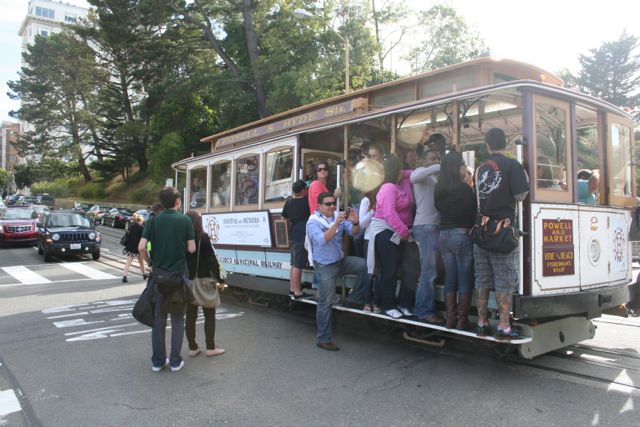Philip Rosedale, the founder of Second Life and various others startups has an interesting take on why San Francisco and Silicon Valley are the centres of the tech startup world.
He puts the region’s success down to the network effect where like minded groups share knowledge and encourage each other.
If you want to create a vibrant start-up ecosystem somewhere else that is competitive with San Francisco and Silicon Valley (and this is starting to happen right now in places such as Boulder and Austin), you want to do two things: You want to pack the people working together into as dense an area as possible, with public areas and co-working venues where they will see each other constantly, even when they aren’t working in the same company. And then you want to encourage them to let down their guard and be as open as possible about what they are doing.
Of course the network effect doesn’t just apply to the Silicon Valley tech startup model, it’s just as true for China’s manufacturing hubs, South Korean shipbuilding or historical centres like Detroit’s motor industry and the English Midlands during the industrial revolution.
We shouldn’t forget that fifty years ago governments sought to to emulate Detroit’s success and a century ago cities strived to be like Birmingham.
That’s something we should keep in mind when looking at ways to emulate Silicon Valley – in trying to copy today’s successes, we may be mimicking a model that has already peaked while overlooking our own unique advantages and the opportunities in new industries.
For cities striving to become world centres of industry, it might be best to first figure out what they do well and then find a way of attracting the smartest people in that field to move there.
Then again, it may just be that most industrial hubs are accidents of history and the best we can do is try to attract smart people to our communities.

Leave a Reply